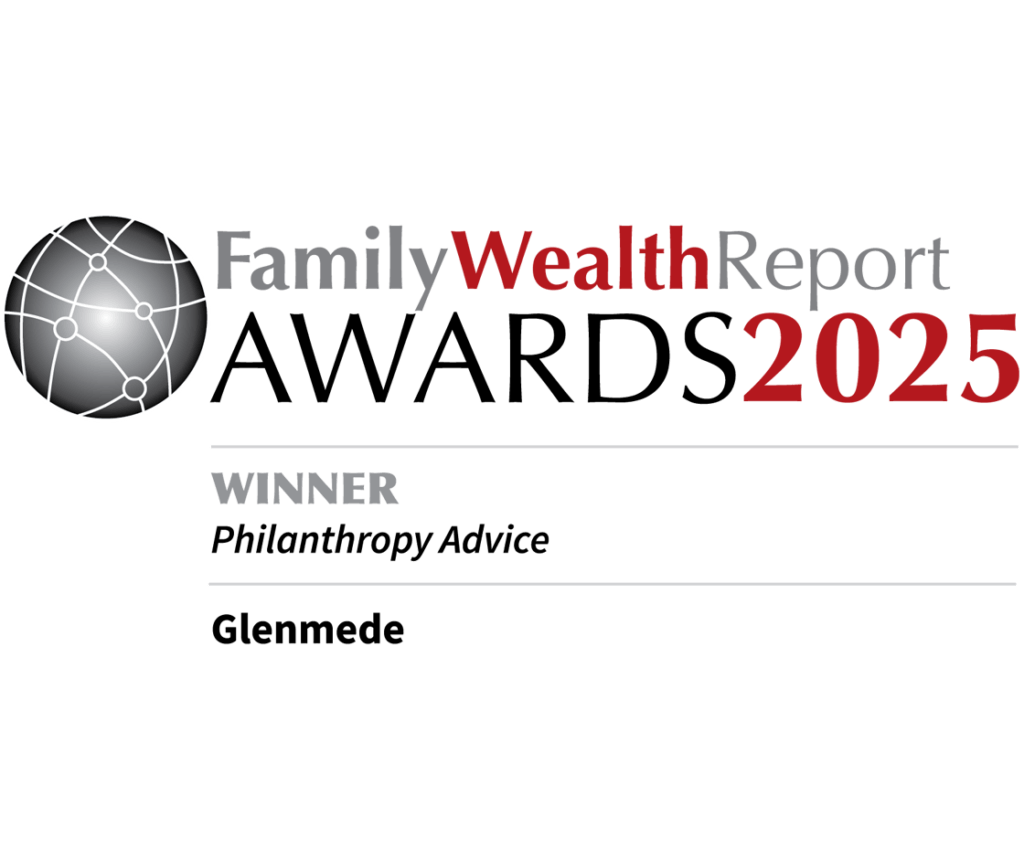Aligning Your Values With Your Legacy
Glenmede’s Center for Family Philanthropy and Wealth Education delivers tailored philanthropic advisory and administration services, coupled with holistic wealth education.

An integrated approach
The many dimensions of wealth require an integrated approach. Your family may want to support a cause you believe in, educate the next generation about wealth-related responsibilities or align your family philanthropy and wealth education.
The combination of our Goals-Based Wealth Management framework, investment strategy and advisory expertise allows us to seamlessly integrate your philanthropic, legacy and educational priorities into your overall wealth plan.

Winner: Philanthropy Advice
A full range of services for your family
We guide you in developing and implementing a long-term giving strategy that brings your values and philanthropic goals to life.

Philanthropic Advice
We guide you in developing and implementing a long-term giving strategy that brings your values and philanthropic goals to life.

Philanthropic Administration
We simplify the day-to-day details of your philanthropic giving strategies through organizational support, tax preparation, charitable trust administration, and more.

Family Wealth Education
We offer a collection of educational materials supporting the general understanding of wealth and investment management to more complex topics such as how the next generation can manage your family’s legacy.
Simplify your Charitable Giving with a Donor-Advised Fund

Services and solutions to support your philanthropic, legacy and educational goals:
- Private foundation advisory and administrative services
- Grantmaking
- Trust services
- Donor-advised fund
- Wealth education curriculum